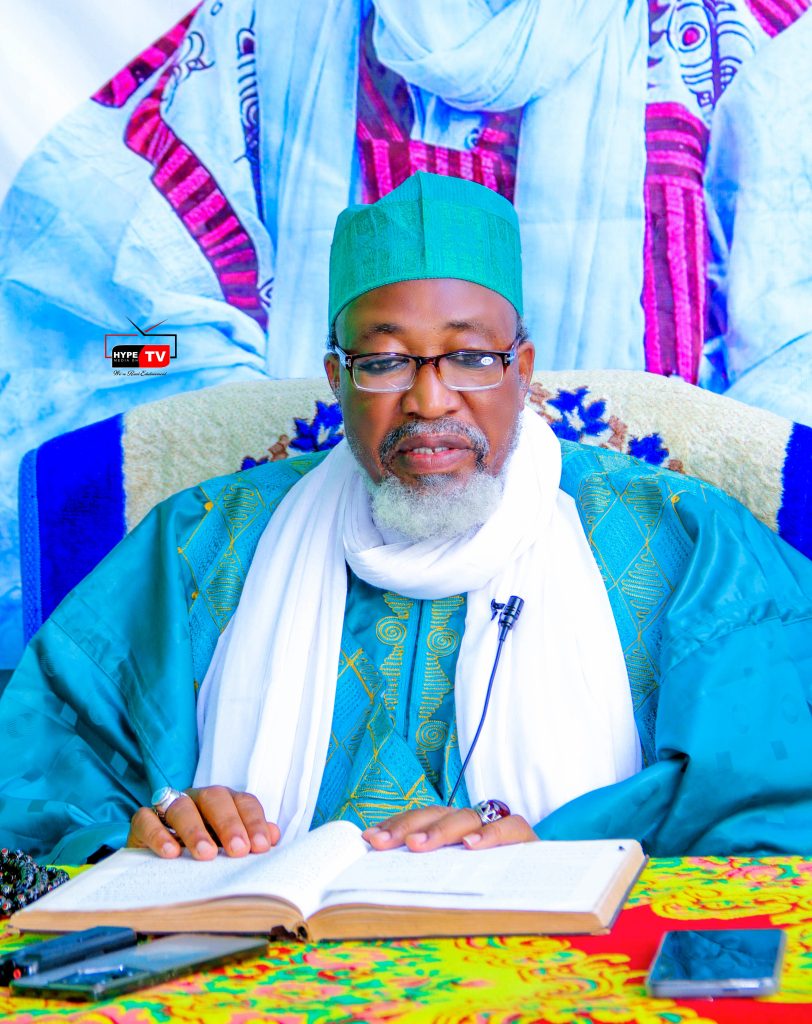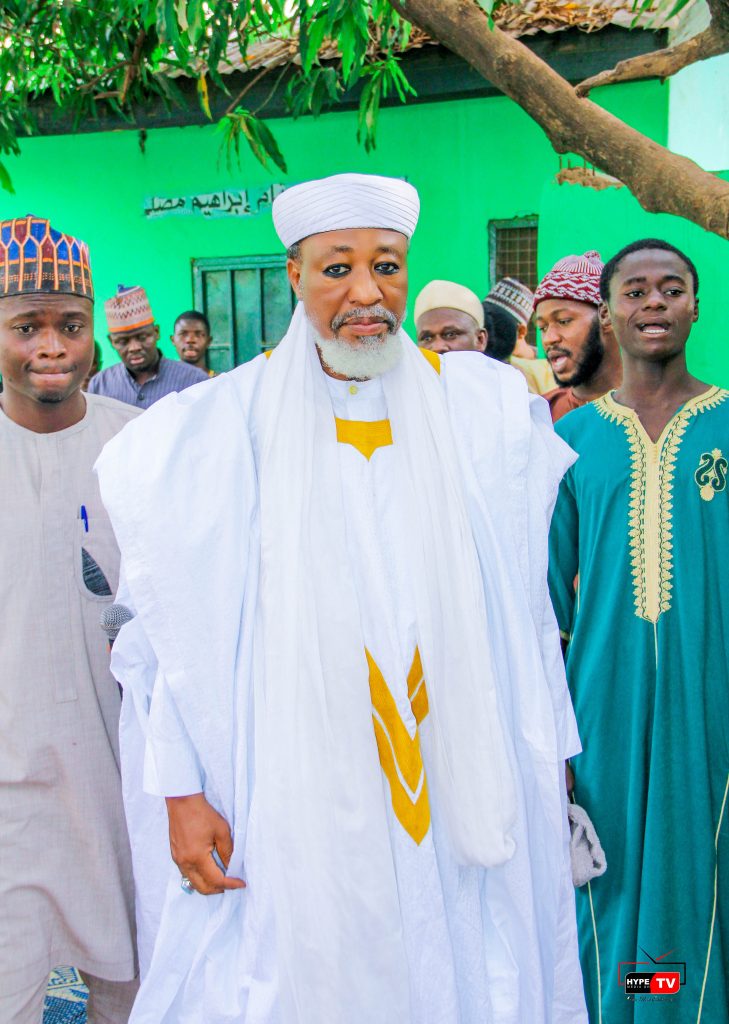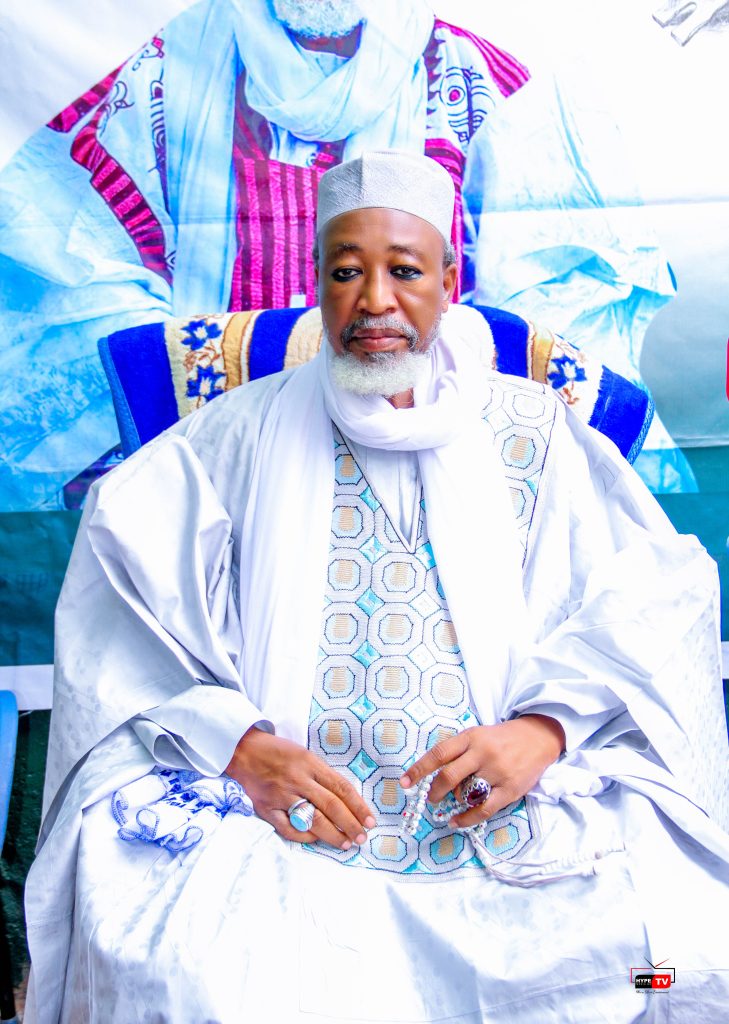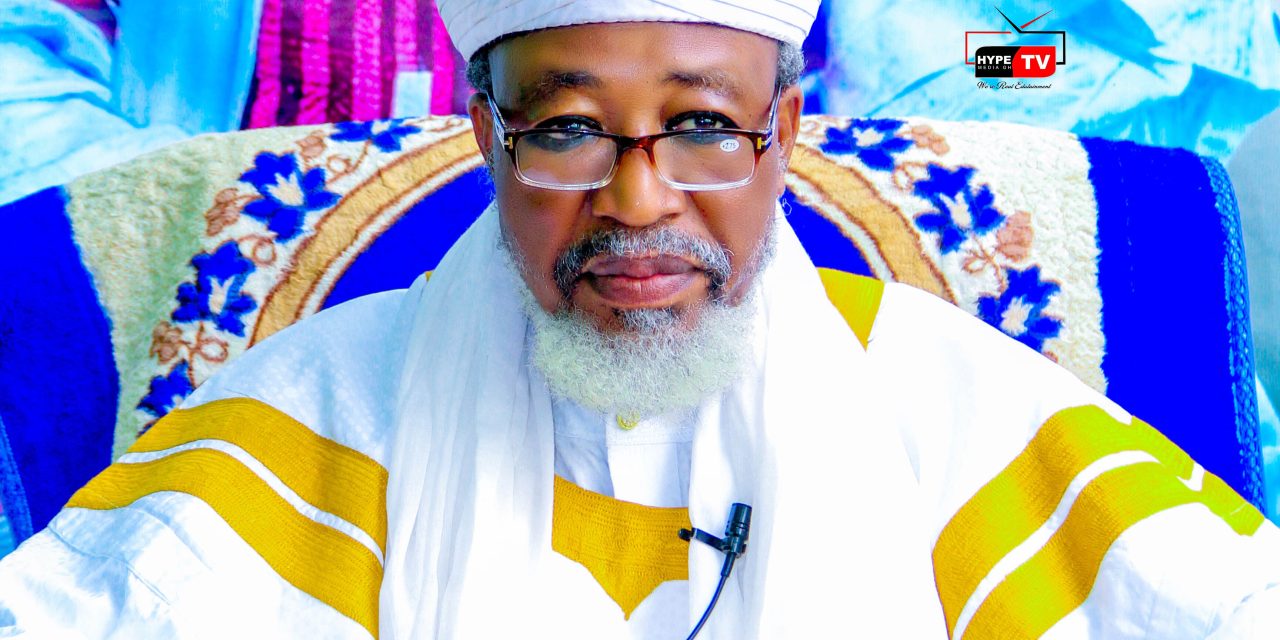In a significant address on the 13th day of Ramadan, leader & founder of ‘Hablullah Institute’, Sheikh Iliyas Umar Imam emphasized the potential benefits of incorporating Qur’anic principles into the legal system. The renowned scholar proposed that Chiefs, Organizational leaders and Judges in law courts should consider consulting the Holy Qur’an or seeking guidance from imams when adjudicating disputes between individuals.

Sheikh Illiyas Umar Imam, known for his scholarly insights and religious leadership, articulated his views during a tafsir session, where he expounded upon the meanings and interpretations of Quranic verses. He suggested that involving religious scholars and the Qur’an in legal proceedings could contribute to a more just and equitable resolution of conflicts within society without sinning against the Lord Almighty.
“Drawing upon the wisdom of the Holy Qur’an and seeking counsel from respected imams can lead to fairer judgments and promote harmony among people,” stated Sheikh Illiyas Umar Imam during his address. He underscored the importance of grounding legal decisions in Islamic ethics and principles to uphold justice and righteousness.

The proposal put forward by Sheikh Illiyas Umar Imam resonated with many attendees, who expressed support for integrating religious guidance into the legal framework. Some proponents of the idea argued that referencing the Qur’an and consulting imams could provide a moral compass for judges and ensure that rulings align with Islamic teachings.
However, the suggestion also sparked debates among legal experts and scholars, with some raising concerns about the potential implications for the separation of religion and state. Critics cautioned against conflating religious doctrine with secular law, emphasizing the need to uphold the principles of neutrality and impartiality within judicial systems.

Despite the divergent perspectives, Sheikh Illiyas Umar Imam’s proposal has initiated discussions about the role of religion in shaping legal practices and fostering societal cohesion. As debates continue, it remains to be seen whether his advocacy for integrating Qur’anic guidance into lejudgments will gain traction within the broader legal community and influence in the wake of his address, calls for further dialogue and exploration of the intersection between faith and law have emerged, signaling a growing interest in examining alternative approaches to jurisprudence that reflect the values and beliefs of diverse communities. Whether Sheikh Illiyas Umar Imam’s proposal will lead to tangible reforms in the legal system remains a subject of deliberation and contemplation among stakeholders. Watch video below,










